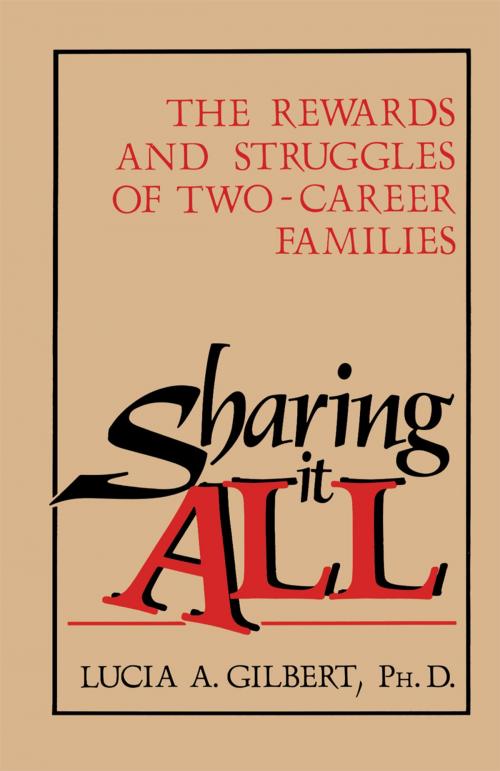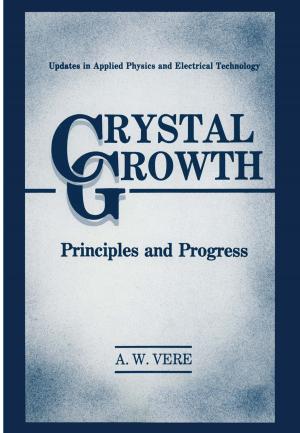Sharing it all
The Rewards and Struggles of Two-Career Families
Nonfiction, Social & Cultural Studies, Social Science, Sociology, Science & Nature, Science| Author: | Lucia Albino Gilbert | ISBN: | 9781489927927 |
| Publisher: | Springer US | Publication: | November 11, 2013 |
| Imprint: | Springer | Language: | English |
| Author: | Lucia Albino Gilbert |
| ISBN: | 9781489927927 |
| Publisher: | Springer US |
| Publication: | November 11, 2013 |
| Imprint: | Springer |
| Language: | English |
I realize more and more that to some degree psychol ogists study their own lives. My first studies in the mid-1970s looked at the conflicts that emerge in dual career couples as the partners combine their various roles. Ideas for the early studies initially came from con versations with clients, friends, and people I met trav eling. Soon after the topic of dual careers came up, dis cussions of guilt and frustration followed. The partici pants in my first studies turned out to be predominantly women. Men expressed little interest in participating. A common response was, "Talk to my wife. " 7 8 PREFACE Ostensibly, husbands saw their partners, but not themselves, as dealing with conflicting roles. Although I presumed this to be somewhat true, I knew from ob serving my own husband that my having a career had an immeasurable impact on him. Were men denying something? Were women overly sensitive? Discussions with my husband, which helped me to get a better grasp on what male partners might be feeling, planted the seed for my subsequent book on men in dual-career 1 families, published in 1985. In gathering material for that book, I was struck by the contrast with men's ear lier disinterest. Husbands appeared eager to talk about their lives. Their greatest concern-what happens to the children?-became the focus of my last set of studies. Why this book? "Sharing it all" symbolizes the es sence of a two-career marriage.
I realize more and more that to some degree psychol ogists study their own lives. My first studies in the mid-1970s looked at the conflicts that emerge in dual career couples as the partners combine their various roles. Ideas for the early studies initially came from con versations with clients, friends, and people I met trav eling. Soon after the topic of dual careers came up, dis cussions of guilt and frustration followed. The partici pants in my first studies turned out to be predominantly women. Men expressed little interest in participating. A common response was, "Talk to my wife. " 7 8 PREFACE Ostensibly, husbands saw their partners, but not themselves, as dealing with conflicting roles. Although I presumed this to be somewhat true, I knew from ob serving my own husband that my having a career had an immeasurable impact on him. Were men denying something? Were women overly sensitive? Discussions with my husband, which helped me to get a better grasp on what male partners might be feeling, planted the seed for my subsequent book on men in dual-career 1 families, published in 1985. In gathering material for that book, I was struck by the contrast with men's ear lier disinterest. Husbands appeared eager to talk about their lives. Their greatest concern-what happens to the children?-became the focus of my last set of studies. Why this book? "Sharing it all" symbolizes the es sence of a two-career marriage.















